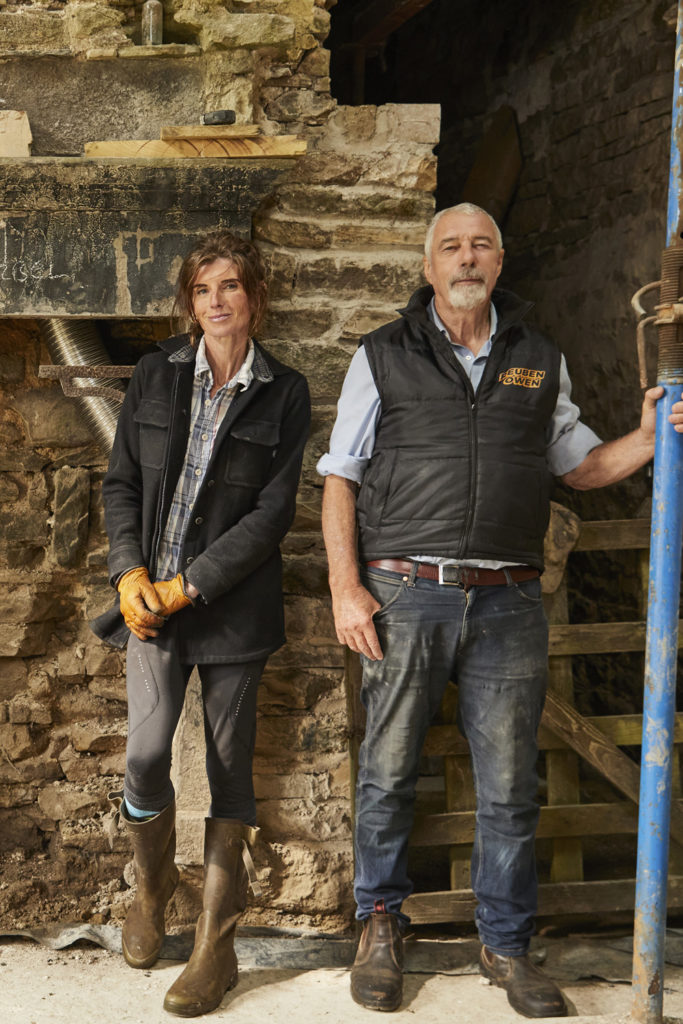Green Heroes: Kathleen Rogers, President of Earthday.org
By
1 year ago
Why is Earth Day so important?
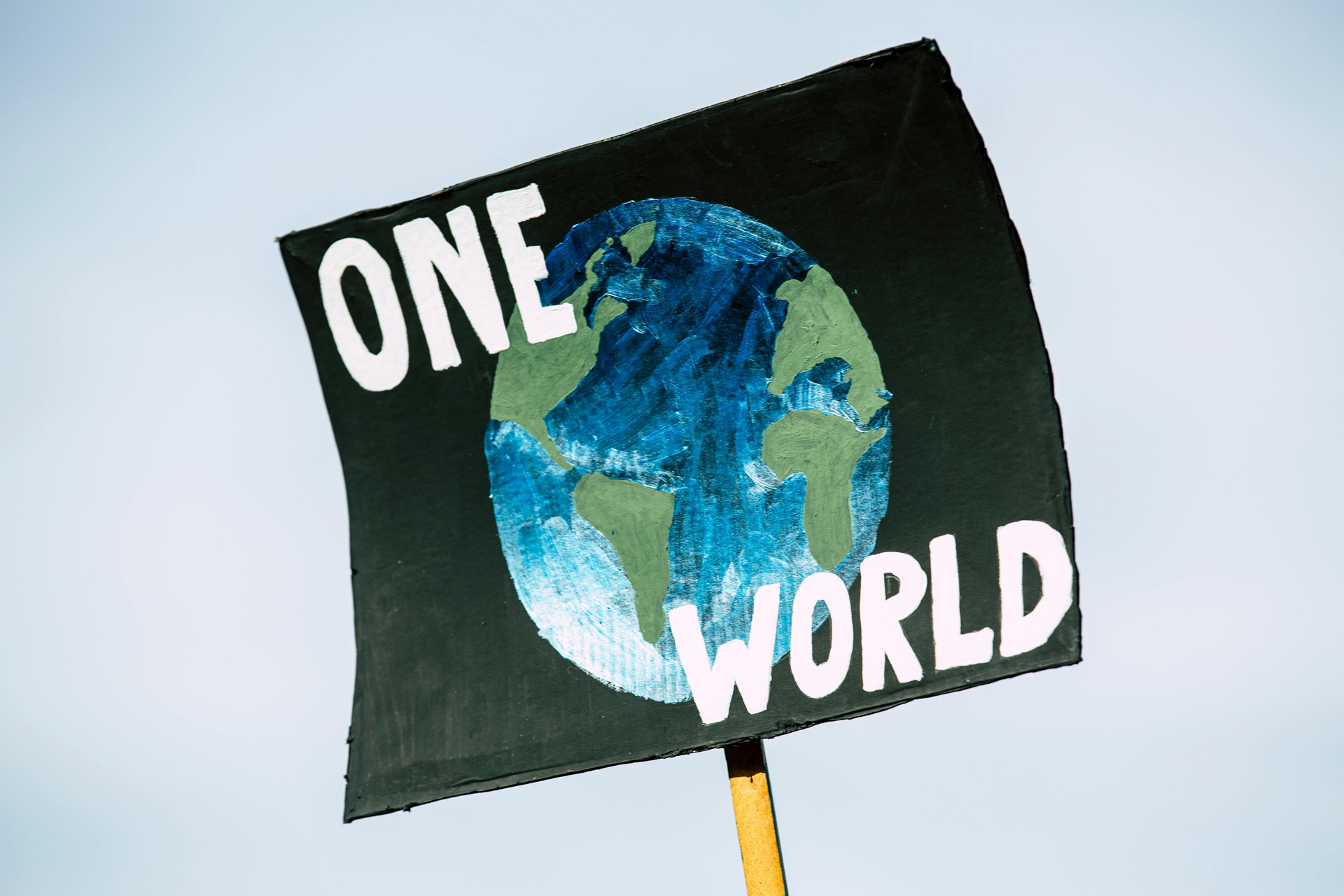
Earth Day is a time for raising awareness about environmental issues and taking action to protect the planet. Since 1970, billions of people from more than 190 countries across the world have participated in activities and events to promote a greener and healthier planet thanks to Earthday.org. Kathleen Rogers took over as president in the early 2000’s – before that she worked for more than 20 years as an environmental attorney and advocate, focusing on international and domestic environmental public policy and law. The theme for Earth Day 2024 is Planet vs. Plastics, and Earthday.org is calling for a 60 percent reduction in the production of all plastics by 2040. We hear more below.
Kathleen Rogers On The Vital Work Of Earthday.org
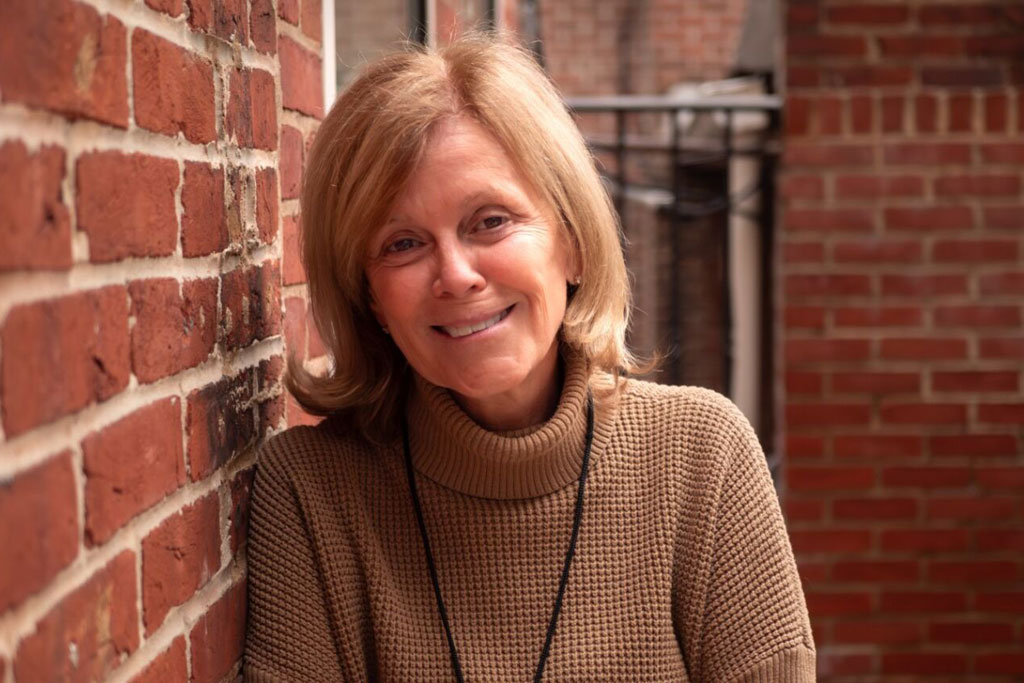
What was the inspiration for Earth Day?
It was the brilliant idea of Wisconsin Senator Gaylord Nelson, and he was supported by Denis Hayes, a young student activist, who helped make Senator Nelson’s vision become a reality, way back in 1970. I took over as President of Earthday.org in the early 2000’s and have tried to build on and continue their legacy. According to Denis Hayes, Senator Gaylord Nelson was inspired to launch Earth Day after seeing a large oil spill from an airplane in Santa Barbara, CA. Sadly Senator Nelson has passed away but Denis is still very much with us and still on our board. So the man who organized the very first Earth Day is still inspiring activism through the organisation, us basically, that he and Senator Nelson created too.
What is the premise of Earth Day?
We think of Earth Day as an opportunity to diversify, educate and activate the environmental movement worldwide. Every year, 22 April acts as a marker to see how far we’ve come and how much we still need to accomplish. We are here to hold the people, organizations and industries who have created the climate crisis accountable – the ones who have degraded the environment, damaged biodiversity, polluted the planet, and in some cases us, especially the people of the Global South, accountable. Earth Day is a reminder that collective action can drive real change for generations to come.
How can people get involved in Earth Day?
- Join a cleanup: help us pick the plastic trash up Find an event near you on the Earthday.org Global Event Map.
- This year we are asking people to help us do brand trash audits too so we can track which companies are creating the most trash!
- Sign our plastic petition: Take a stand against an issue you’re passionate about like plastic or fast fashion by signing petitions calling for change.
- Educate yourself: Read fact sheets, take quizzes, and get up to date with environmental news
- Post on social media to encourage more people to do their part – here’s our amazing social tool kit with our curated posts and hashtags. Engage here.
What are some of the ways that Earthday.org has made a difference that you are most proud of?
Well after that very first Earth Day way back in 1970, President Nixon set up the Environmental Protections Agency, signed the Clean Air Act and the Clean Water Act. So it helped set in motion the populist environmental movement in the US and then the world. We list a ton of our other successes out here.
On a personal level, having the platform to educate the masses about critical environmental issues has been a blessing. Uniting people for shared causes to create tangible change every year through events like the March for Science has a powerful reminder of our impact. Our climate literacy campaign has also been a passion of mine given the origins of Earth Day being on a college campus. Supporting the next generation by integrating environmental education into curriculums and promoting the development of civic engagement has felt like the movement has come full circle.
What makes you feel positive about a sustainable future?
The increasing global shift towards renewable energy sources has been great to see. The next generation’s growing environmental awareness and activism has also made me optimistic for the state of the planet in the future. But we have no other options: we have to keep fighting for the planet and all living things. There is no Planet B.
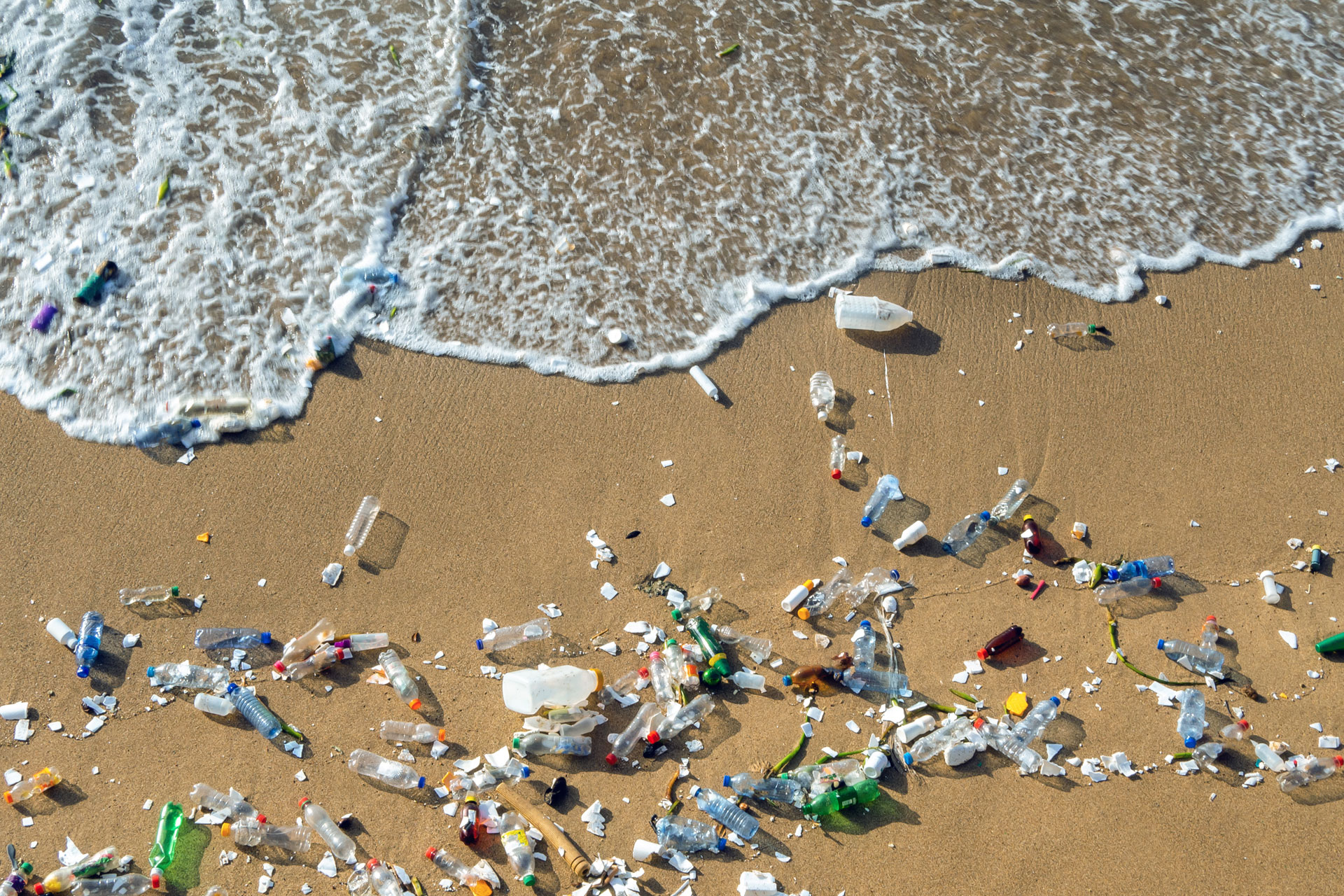
And what are the facts that make you fearful?
Microplastics have been found in the human placenta, blood stream, gastrointestinal system, and breast milk. In a year, the diseases caused by chemicals from plastics cost the US a quarter of a trillion dollars in health and economic losses. Plastics producers have been aware that recycling isn’t a viable solution for managing plastic waste for over 30 years, and yet they continue to promote it. I think plastic really will end up being the smoking gun when it comes to human survival – we know climate change is real and here. But the health implications to all living things, including us, is only now becoming apparent. That terrifies me. Our report Babies Vs. Plastics – which you can read here – kept me up at night. We are doing another report right now on Pets Vs. Plastics, and that is a revelation too.
Who is your own green hero?
There are many but for me, one stands out: Denis Hayes. Working with him has taught me so much. Witnessing his career as an environmental advocate and collaborating with him at Earthday.org has made me a different person. He really has shaped my perspective on my own work.
Your favourite product – and tell us why we can feel good about buying it?
My Hydro Flask water bottle is one of my favourite products. The comfort of knowing that I don’t need to use a single-use or reusable plastic water bottle is the main reason. Avoiding creating waste that won’t break down for hundreds of years or dealing with the health effects risks associated with drinking plastics chemicals in a throwaway single use plastic bottle – that makes me feel much better about buying it.
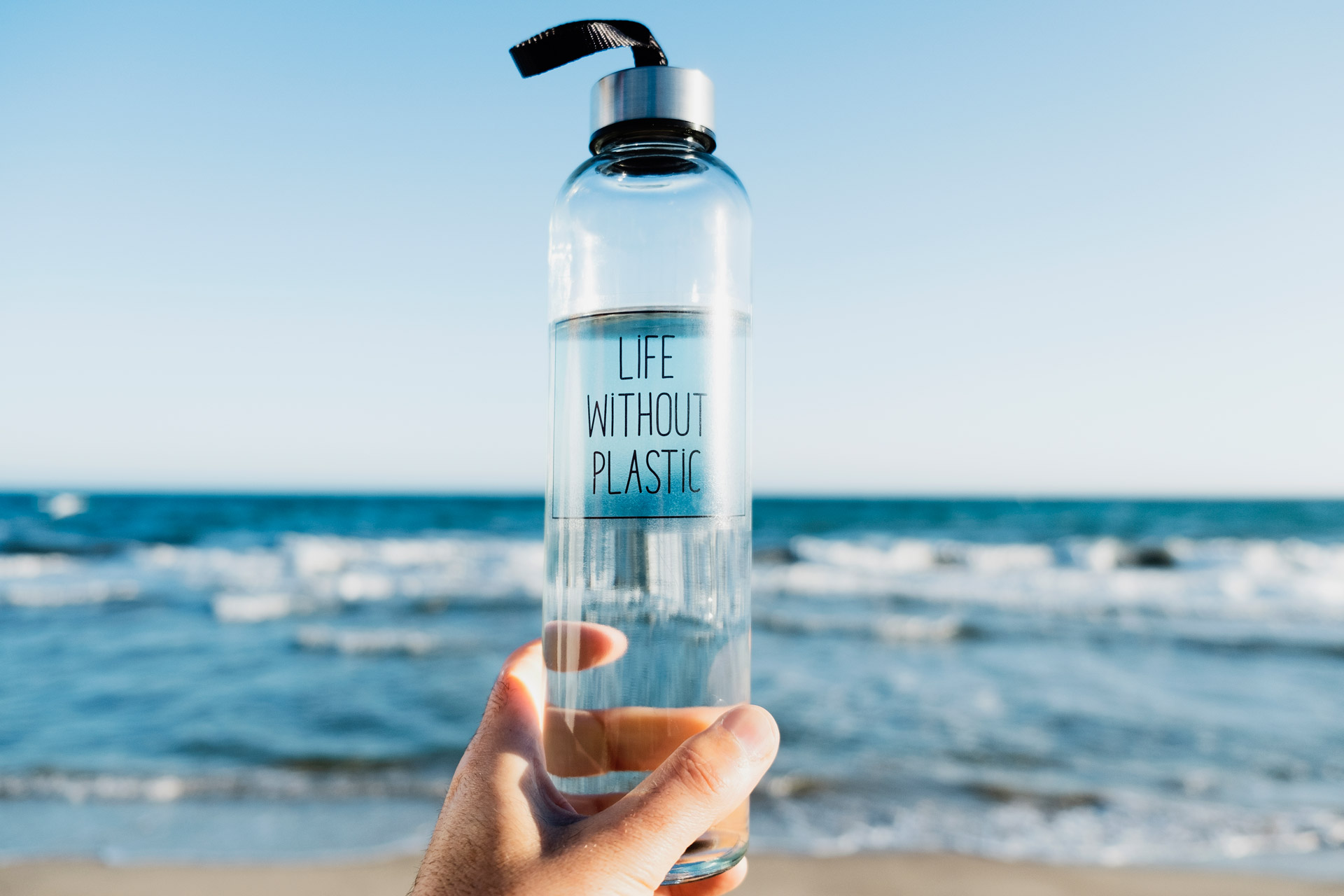
Getty Images
Can producing anything new really be called sustainable?
Sustainability is about creating what we need to live while minimizing the environmental impacts of the process. This can be by conserving energy and natural resources while making the process as circular as possible, meaning instead of goods becoming waste, they can be redesigned and reused. In practice, it will never be perfect, but improving our existing structures is a critical step in achieving our climate goals. And in the Northern hemisphere we all probably have a lot of things we don’t even need. I do believe living a culture free, less is more lifestyle is good for the planet and our own souls.
Should we be green shaming the brands/companies who are doing nothing to change their ways?
It is important to call out those with the most egregiously unsustainable practices, namely those responsible for the majority of all carbon emissions, plastic pollution, and fast fashion production. If the public is aware of their habits and force change by participating in an act like boycotting, then sometimes only financial loss will force the hand of a large corporation. That being said, green shaming may not always drive the change we seek in companies. At times, shaming alone will only result in greenwashing, creating false solutions to environmental wrongdoings instead of concrete action.
But to the Coca Colas and Pepsi Colas of the world, the Exxons and the other fossil fuel companies (who are part of the plastic industry as plastics are largely made of oil), yes we want to see real change. They need to take responsibility and they need to be held accountable. I often wonder if the CEO’s of these global companies have families, because their families will be living with the consequences of their actions too. Climate change and microplastics aren’t exclusionary, they impact us all. Some more than others, but nobody can escape them.
What are the biggest challenges in running a sustainable organisation?
I would say that choosing what issues to prioritize can be difficult at times. There are so many environmental issues today that we feel passionate about, but like every organization, we are limited by time and resources. Keeping up to date with global environmental legislation and news and making sure we’re constantly adapting is another challenge. Everything can change very quickly, and we have to make sure we’re changing with it. And keeping the public informed and engaged, that is key.
What advice can you give to other organisations and businesses who are wanting to do better?
A desire to change is already the first step. There is no one size fits all solution to every organisation, but determining what issues are important to you and prioritizing them will make you more passionate and therefore more effective in achieving your goals. That may mean something as simple as switching from disposable to reusable coffee cups, but it could be a long-term investment like installing solar panels on the roof of your building. Your most effective strategy is going to be choosing something that can be sustained, because change on a higher level is not achieved with one person’s actions, it is a collective effort.
But whatever you do, do something. If you are using plastic containers for your carry out business, switch to a better biodegradable alternative, stop leaving the lights on in your huge corporate offices all night for no reason, plant native flowers and trees in your company outdoor areas, invest in insect boxes for your rooftop areas! Celebrate it, then elevate it and do more.
Three things we should all, as individuals, be doing to help in the climate change fight?
- Reduce your climate footprint: Adopting sustainable lifestyle choices can include eating a more plant-based diet, using public transportation or carpooling, lessen your waste by recycling and composting, and reducing energy consumption. Challenge yourself.
- Advocate for change: Advocate for climate-friendly policies and initiatives at the local, national, and global levels by supporting environmentally conscious businesses, participating in climate marches and demonstrations, and engaging in conversations with friends, family, and policymakers about the importance of addressing climate change. Write to your MP’s and demand they do more.
- Educate and raise awareness: Read, learn, discuss… make a conscious choice to know the facts. It always helps when your Uncle Brian comes round and tells you it’s all a hoax.
What are your views on plastic and the fight against plastic?
It’s the biggest gamble on human health in the history of humanity. Plastics are an enormous threat to planetary and human health, which is why it is critical that we focus on demanding change through legislative and corporate action. Plastics break down into microplastics, which enter the human body and our environment.
Half of all of the plastic waste that we’ve created is single use and toxic chemicals also disproportionately harm low-income communities of colour. Safeguarding our future is essential, and affects everyone, which is precisely why Earthday.org is calling for a 60 percent reduction in the production of all plastics by 2040 for the Earth Day 2024 Planet vs. Plastics theme. We cannot vaccinate ourselves against plastics and their chemicals. We cannot decide not to inhale them or ingest them. We cannot avoid them. We can only reduce the volume of plastics produced.
How do you think the media and governments could help the climate crisis?
The media plays a critical role in raising awareness of climate change when they share accurate information. Their stories can bring to life how we are all impacted. They can help to hold corporations and governments accountable. We look to governments to do the right thing and put people before profits and politics. Climate change is real. Any government that says otherwise is lying. So we need leaders who will step up and put the future of mankind first.
Find out more at earthday.org



